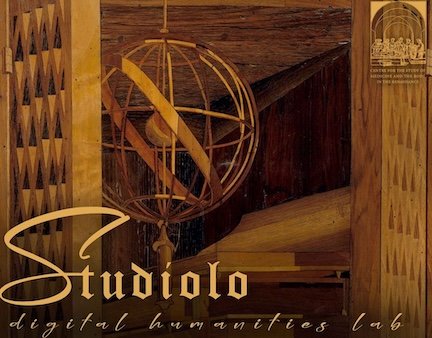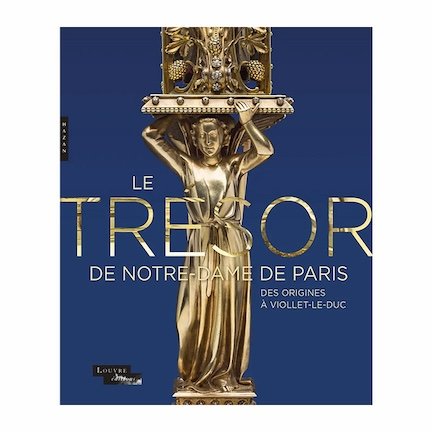An international conference on New Perspectives on Personifications in Roman, Late Antique and Early Byzantine Art (200-800 AD) takes place at LMU Munich on January 26th and 27th, 2024. We are pleased to be able to support the initiative of Prolet Decheva and Charles Wastiau.
The conference takes place in Katharina-von-Bora-Str. 10 in the large lecture hall (R. 242). The lectures can also be followed via live stream. All times are according to CET.
Registration
To register online for each day, click the link for the day that you want to attend.
Day 1
Day 2
PROGRAM
A copy of the program can be downloaded.
Friday, 26 January 2024 (All Times CET)
13:15 – 13:30 Introduction
13:30 – 14:00 Anna-Laura Honikel, Goethe University Frankfurt a.M.
Personifications on Mosaics of the Province Lusitania
14:00 – 14:30 Sarah Hollaender, University of Graz
Visualizing ‘Manliness’: The Goddess Virtus and Her Transformations in Late Antiquity
14:30 – 15:00 Giovanna Ferri, University of Sassari
Seasons Personifications in the Decorative Programs of Roman Catacombs and Privately-Owned Hypogea in Late Antiquity: Felicitas Temporum and Heavenly Aeternitas
15:00 – 15:30 Break
15:30 – 16:00 Caroline Bridel, University of Bern
The Use of Personifications in Late Antique Jewish Spaces: Establishing a Cultural Frame?
16:00 – 16:30 Amélie Belleli, INRAP/University of Limoges
Late Roman Empresses as Allegorical Figures
16:30 – 17:00 Prolet Decheva, University College Dublin
Personifications of Abstract Ideas and Proper Names
17:00 – 18:00 Break
18:00 – 19:00 Keynote lecture: Emma Stafford, University of Leeds
Nemesis: A Greek Personification in the Later Roman World
Saturday, 27 January 2024 (All Times CET)
09:00 – 09:30 Annegret Klünker, Staatliche Museen zu Berlin
Coining Embodied Conditions: The Severan Era as Synopsis for the Visual Emergence of Personifications in Rome
09:30 – 10:00 Charles Wastiau, University of Liège/University of Bonn
The End of the „Divine Qualities“ on Late Roman Coins
10:00 – 10:30 Pavla Gkantzios Drápelová, Czech Academy of Sciences
The Last Echoes of Tyche Poleos on Byzantine Coins: Several Cases from the 6th Century
10:30 – 11:00 Break
11:00 – 11:30 Amel Bouder, Freie Universität Berlin/Deutsches Archäologisches Institut
The Multiple Personifications of Saturnus the African God and his Assessors: an Allegory between the River God and the Master of the Universe
11:30 – 12:00 Julian Hollaender, Landesamt für Denkmalpflege Baden-Württemberg
Greetings from the Jordan River: The Anthropomorphic River in Early Christian Baptismal Representations
12:00 – 12:30 Natalia Turabelidze, Ivane Javakhishvili Tbilisi State University
Classical Prototypes in Medieval Georgian Mural Painting: The Evidence of Ateni Sioni Murals
12:30 Conclusions
For more information, https://sabkmuenchen.com/2023/12/07/workshop-2/




















